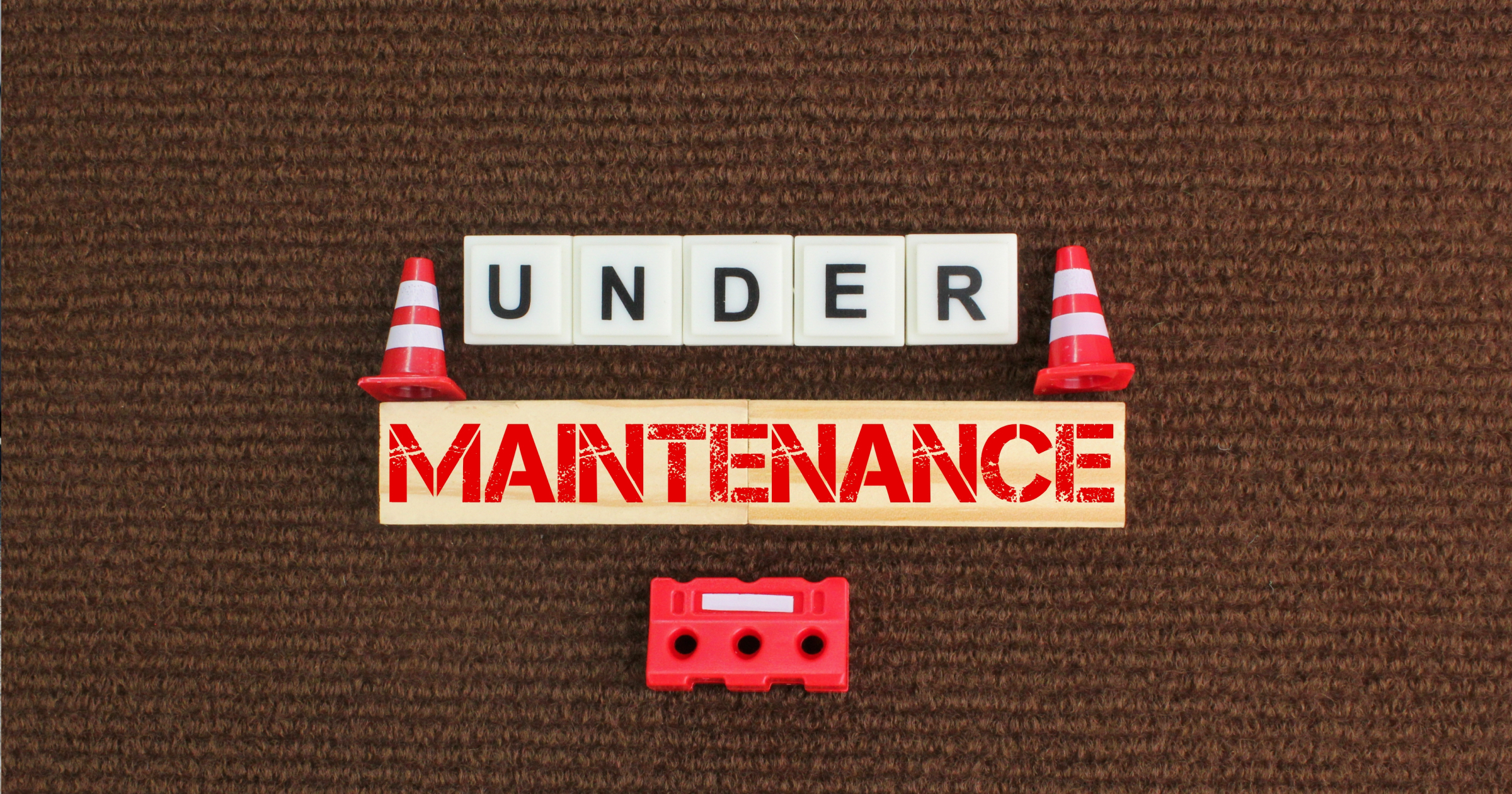In today’s digital age, a well-maintained website is crucial for businesses to thrive and succeed online. Web maintenance encompasses a range of activities that ensure the smooth functioning, security, and optimal performance of a website. In this blog post, we will delve into the intricacies of web maintenance, exploring its importance, key components, and best practices. By understanding the significance of ongoing website upkeep, businesses can provide their visitors with seamless experiences and stay ahead in the competitive online landscape.
Importance of Web Maintenance
Web maintenance is vital for several reasons. Firstly, it ensures that the website functions properly and offers a user-friendly experience. Regular updates and bug fixes address technical issues, improving site speed and overall performance. Secondly, web maintenance enhances website security, protecting sensitive data and safeguarding against cyber threats. Regular security audits, software patches, and vulnerability assessments minimize the risk of breaches. Finally, web maintenance allows businesses to adapt to changing technologies and industry trends, ensuring their website remains relevant, up-to-date, and in line with user expectations.
Key Components of Web Maintenance
Effective web maintenance comprises various essential components. Content management involves regularly updating and refreshing website content, ensuring it remains accurate, engaging, and optimized for search engines. Software updates and patches are necessary to keep the website’s CMS, plugins, and other tools secure and compatible with the latest technologies. Regular backups provide a safety net against data loss, enabling quick recovery in case of emergencies. Monitoring website performance, such as loading speed and uptime, allows businesses to identify and resolve issues promptly. Lastly, maintaining strong security measures, including SSL certificates, firewalls, and regular security audits, safeguards the website and visitor data from potential threats.
Best Practices for Web Maintenance
Adhering to best practices ensures effective web maintenance. Implementing a regular backup schedule guarantees that data is protected and can be restored in case of server failures or data loss incidents. Conducting routine software updates and patching vulnerabilities helps safeguard against security breaches. Regular content audits and updates ensure that the website offers fresh, valuable, and relevant information to visitors. Performing regular security audits and risk assessments helps identify and address potential vulnerabilities proactively. Monitoring website analytics and user feedback provides valuable insights into performance, usability, and areas for improvement. Finally, testing website functionality across different devices, browsers, and screen sizes ensures a seamless user experience across all platforms.

Outsourcing Web Maintenance
For businesses with limited resources or technical expertise, outsourcing web maintenance can be a practical solution. Professional web maintenance services offer specialized knowledge, experience, and dedicated support. They can handle routine updates, security checks, backups, and performance monitoring, allowing businesses to focus on their core operations. Outsourcing web maintenance also provides access to the latest technologies and industry best practices, ensuring that the website remains secure, up-to-date, and optimized for performance.
The Benefits of Proactive Web Maintenance
Proactive web maintenance goes beyond routine tasks; it involves taking preemptive measures to prevent issues before they occur. Regular monitoring, testing, and security assessments help identify and address potential problems early on, minimizing downtime, data loss, or security breaches. Proactive maintenance also allows businesses to stay ahead of emerging technologies, ensuring their website remains competitive and offers cutting-edge features to visitors. By prioritizing proactive web maintenance, businesses can enhance user experiences, build trust, and achieve long-term success in the digital realm.
web maintenance plays a crucial role in providing visitors with seamless online experiences. By prioritizing regular updates, security measures, and proactive maintenance practices, businesses can build a strong foundation for their website’s success and effectively engage their audience in the ever-evolving digital landscape. With continuous web maintenance, businesses can confidently navigate the online realm, staying ahead of the competition and delivering exceptional user experiences that leave a lasting impression.




